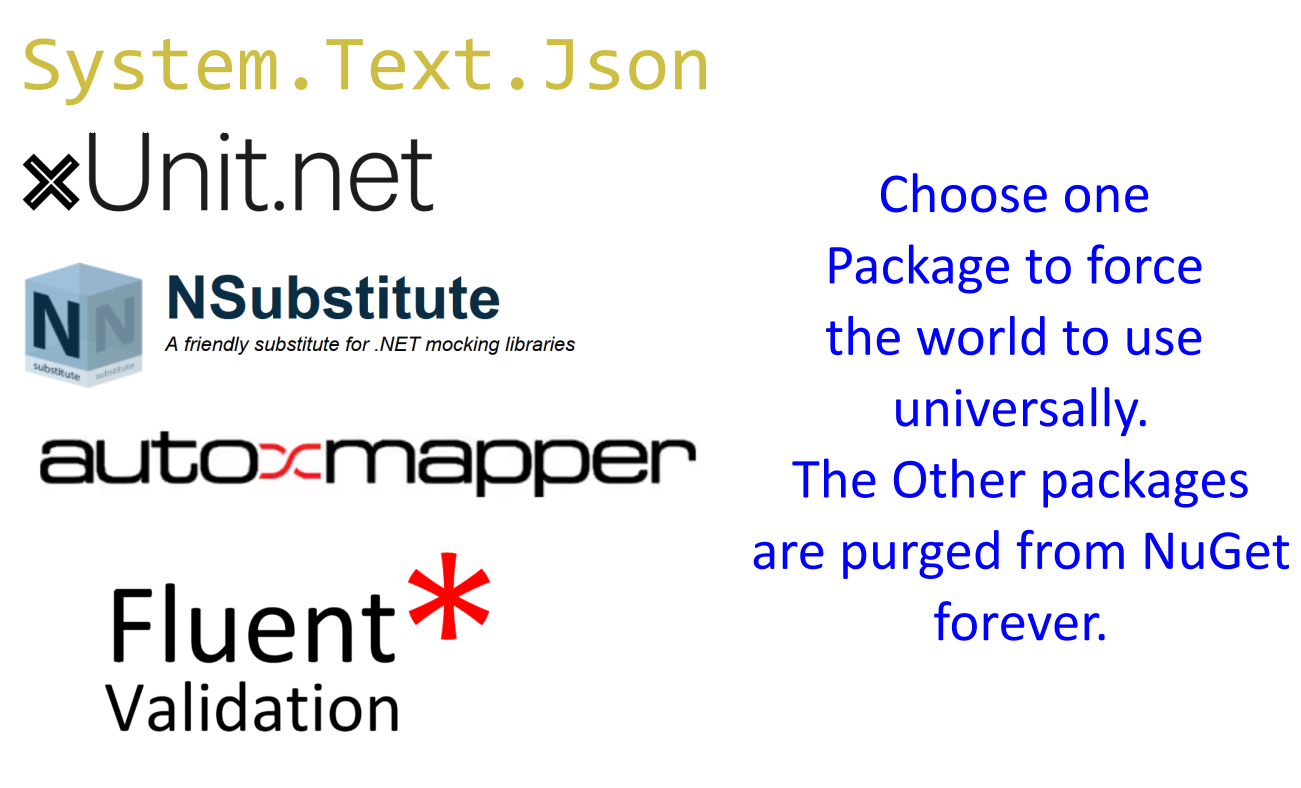Audit logs and Access control paper trails.
Security event logging has to be:
- Broadly accessible
- Write-protected
- offering some proof of completeness.
These three requirements are tricky and often conflicting. Block-chain might be an inefficient way to achieve these, but the glove does fit quite neatly.
Logistical paperwork
- Purchase Orders/Invoices and packing slips
- Waybills/Bills of lading and CMR's
These kinds of documents require multiple stages of matching and approval by untrusted 3rd parties. There are dozens of ecosystems of interacting systems that support processing these documents, but most people still use paper. Paper is more reliable when you need to deliver a container full of diapers from Poland to North Sudan. It's more reliable but incredibly prone to fraud and forgery. Having all of these approvals and transactions tracked on a blockchain and letting different systems interact with the same chain, would make it possible without each ERP having a rest API to each other ERP.





Azure Artifacts has been great for private stuff. Have you tried Github packages yet? Works well enough for public packages. I don't know what your use case is, but what prevents you from using nuget.org?